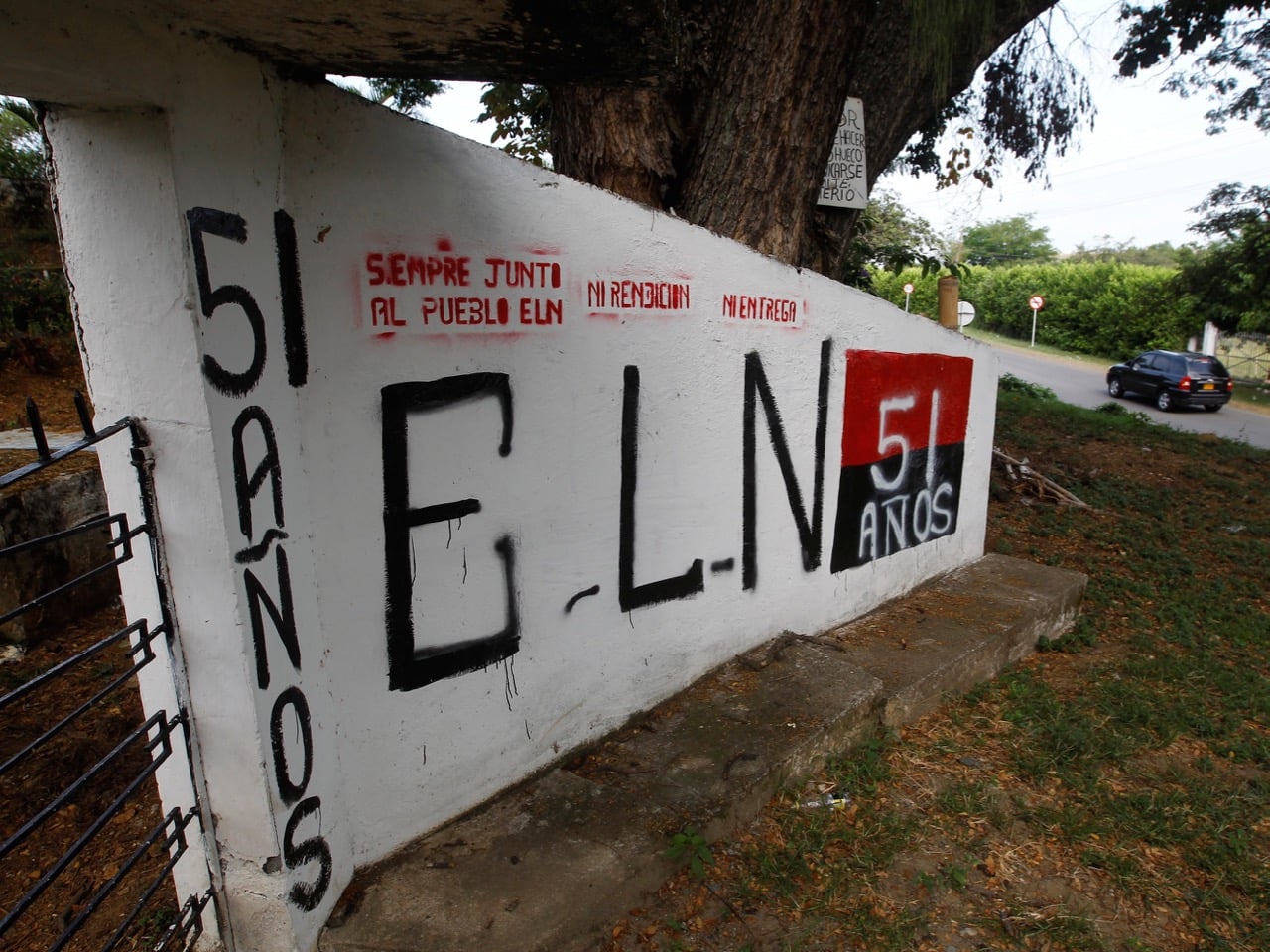In Cauca, Colombia, three journalists of the Cali newspaper El País were approached and intimidated by two armed men who identified themselves as members of the National Liberation Army (ELN).
This statement was originally published on en.sipiapa.org on 10 March 2017.
The Inter American Press Association (IAPA) today condemned acts of aggression and intimidation against journalists in Colombia and Mexico, and online attacks on a Venezuelan independent portal, matters that will be taken up at the organization’s Midyear Meeting to be held March 31 to April 3, 2017 in Antigua, Guatemala.
In Colombia, journalists Hugo Mario Cárdenas López, Oswaldo Páez Fonseca and Octavio Villegas Salinas of the Cali newspaper El País were in a rural area in Cauca state on March 8 when they were approached and intimidated by two armed men who identified themselves as members of the National Liberation Army (ELN), El País editors reported in a public announcement.
The newspaper explained that the alleged guerrillas asked the journalists “what were the reasons for their presence in the area and warned them that they should have had the permission [from] the ELN to move around there.” When they were about to leave the place in a vehicle identified with the name of the media outlet, the people who had questioned them and a third person bearing arms ordered them to stop and stripped them of their work equipment, vests, helmets bearing the press logo, personal documents and identifications, mobile phones and other articles. After holding them for more than half an hour they ordered them to leave the area.
The chairman of the IAPA’s Committee on Freedom of the Press and Information, Roberto Rock, declared “the intimidation, restriction of journalistic activity and movement are serious obstacles to freedom of the press and should be investigated promptly,” in reference to what is contained in the Declaration of Chapultepec and the Declaration of Principles on Freedom of Expression of the Inter-American Commission on Human Rights which condemn such acts.
Rock said that during the Antigua Midyear Meeting there will be in-depth discussion of the reach of the Project Shield which in collaboration with Google-Jigsaw seeks to extend this free-of-charge service to protect digital media from DDoS attacks. Also there will be discussion of, among other topics, the SIPAlert app, the mechanism to denounce aggressions, and an alternative [method to provide] life and health insurance for journalists in situations of risk.
The announcement by Rock, director of the online portal La Silla Rota of Mexico, takes as an example the online media outlet El Pitazo of Venezuela which denounced cyber attacks against its portal on two occasions this week. Yesterday (March 9), according to a press release, its digital security system managed to resist a DDoS attack (an attack to reject services) on its Web site. One day before it had suffered an attack on its Google search engines and some weeks earlier there was another DDoS attack, without affecting the portal.
El Pitazo rejected the aggression, saying that more than just a technical one “it is an attack upon the freedom of information of all Venezuelans and upon the free practice of journalism.”
Regarding Mexico, the IAPA expressed its concern at the case of journalist José Luis Morales, host of the online newscast of Radio Mexicana FM in Aguascalientes, who complained of a campaign of defamation, threats, pressures and police harassment. Morales, with more than 25 years’ journalistic experience, blamed a group linked to Aguascalientes state politics, although the names of the assumed instigators of the campaign against him were held back, according to the press.



